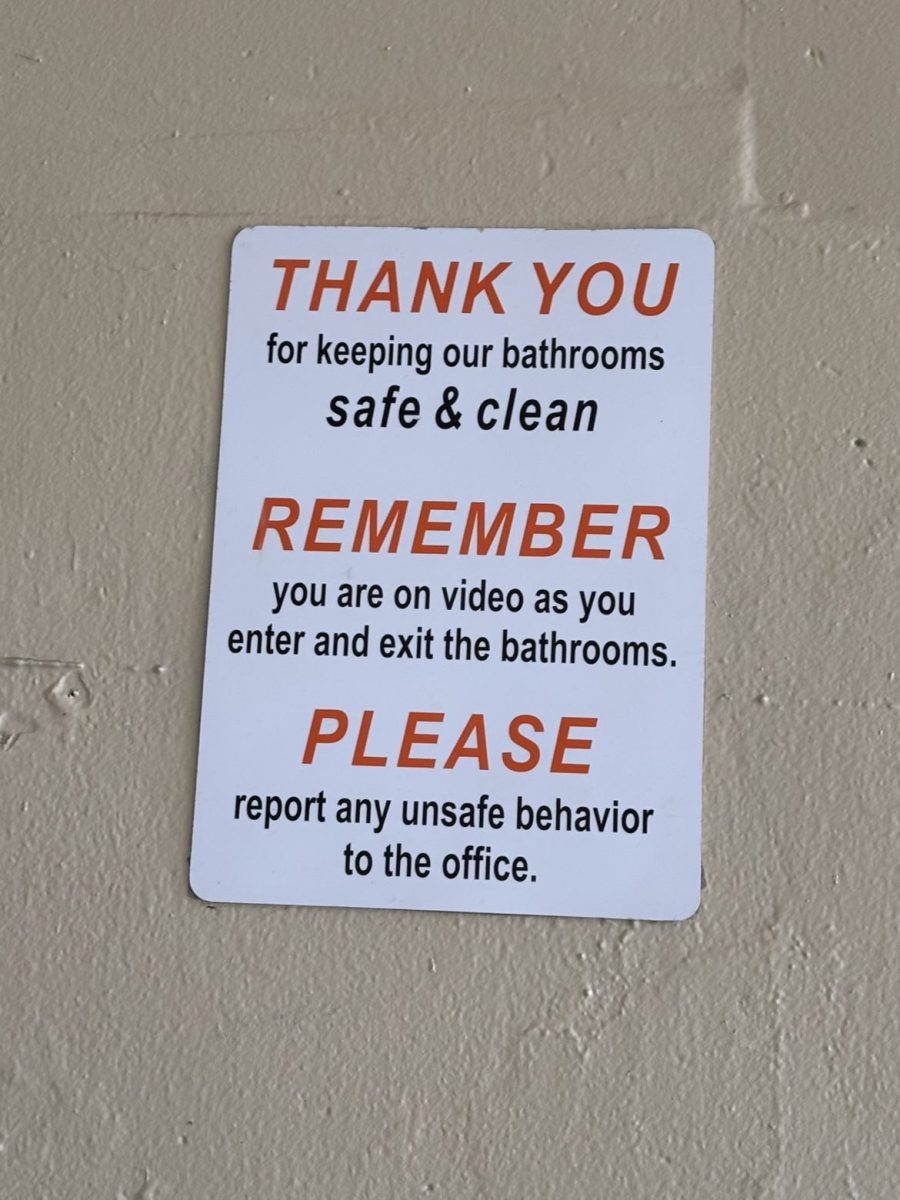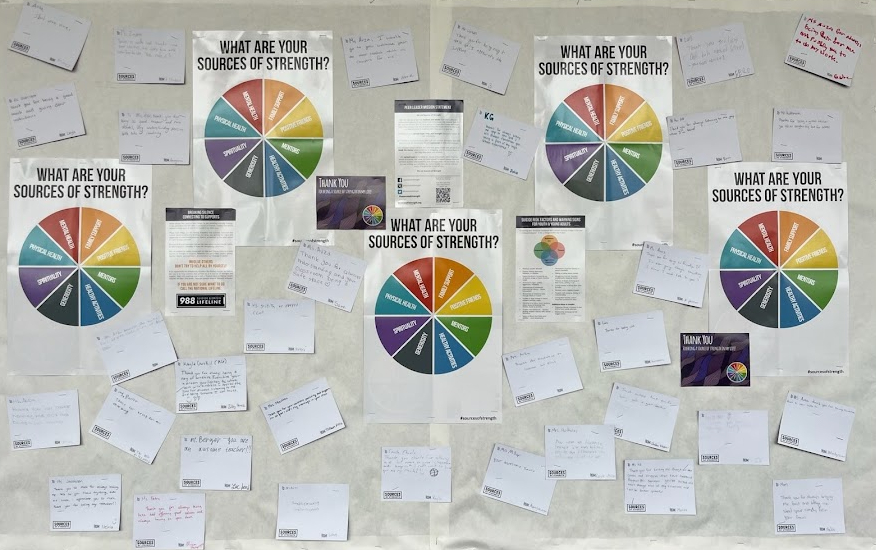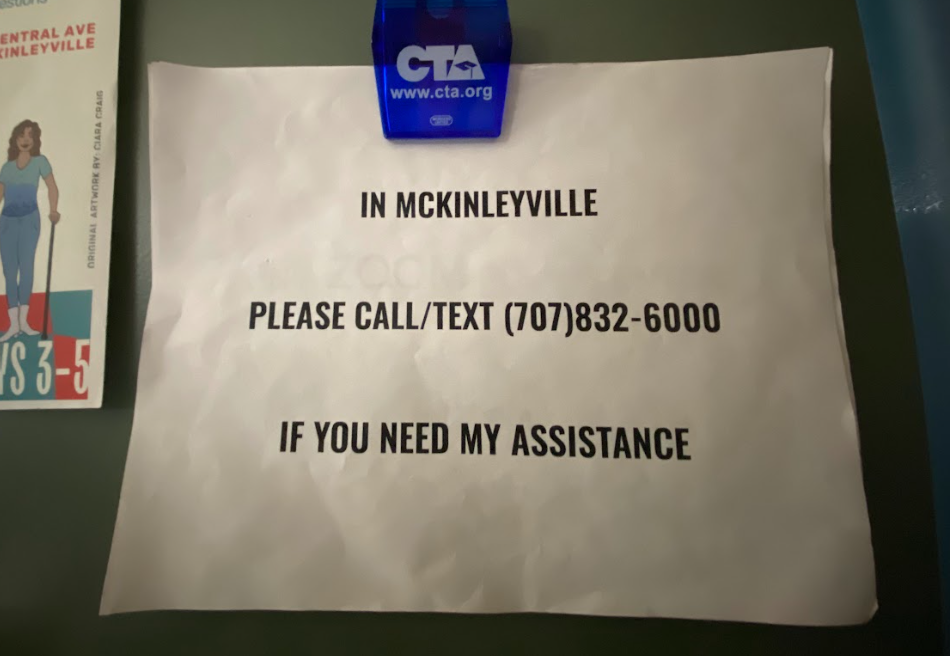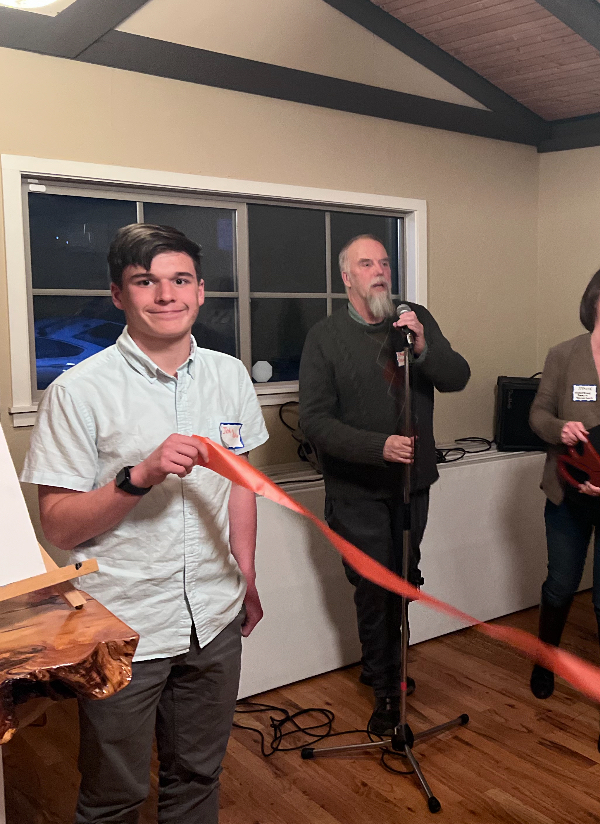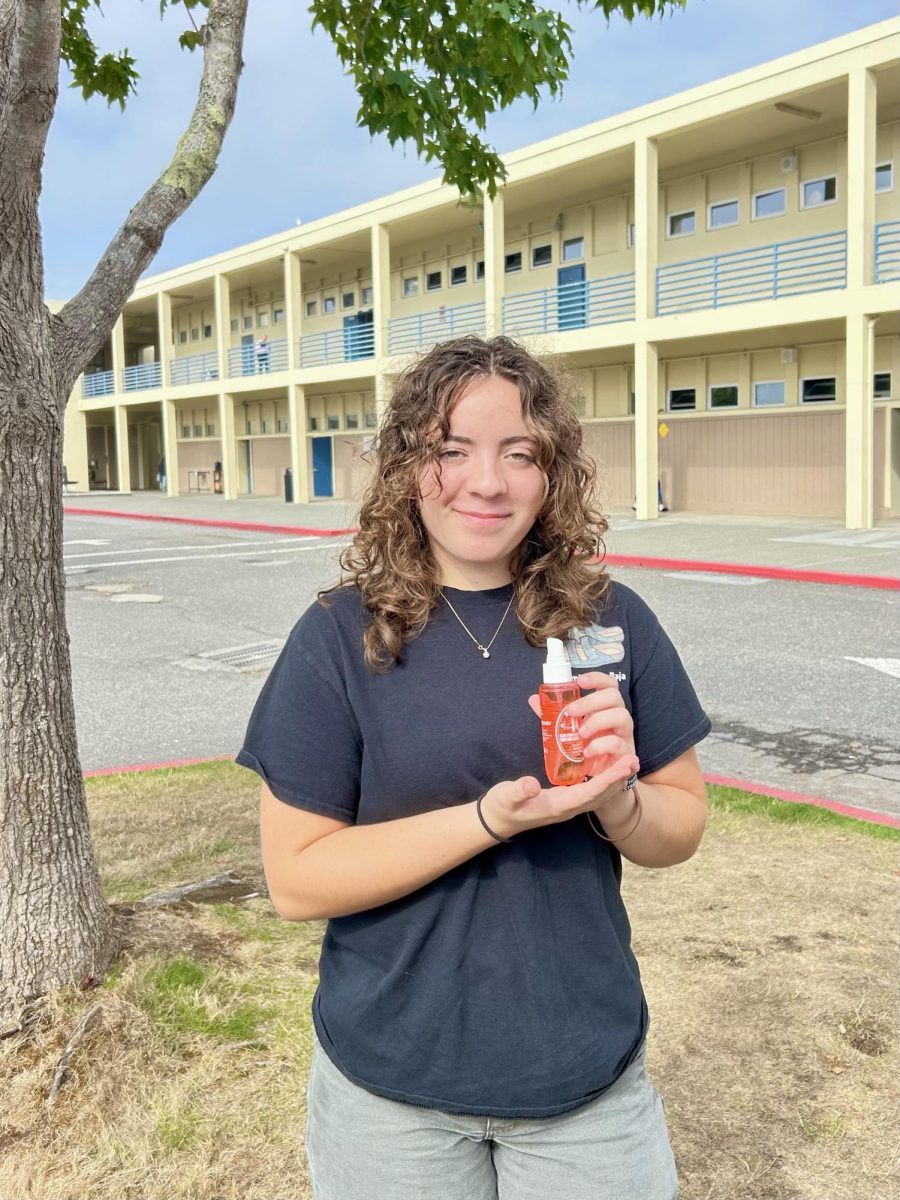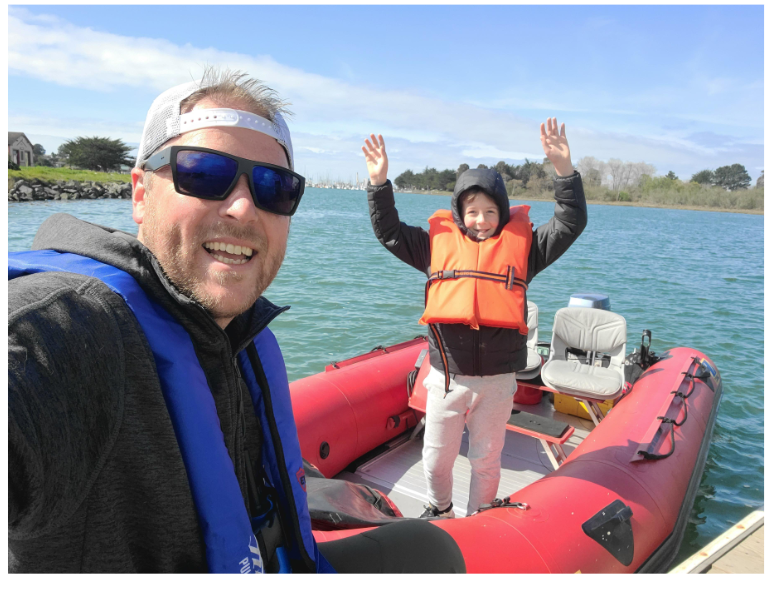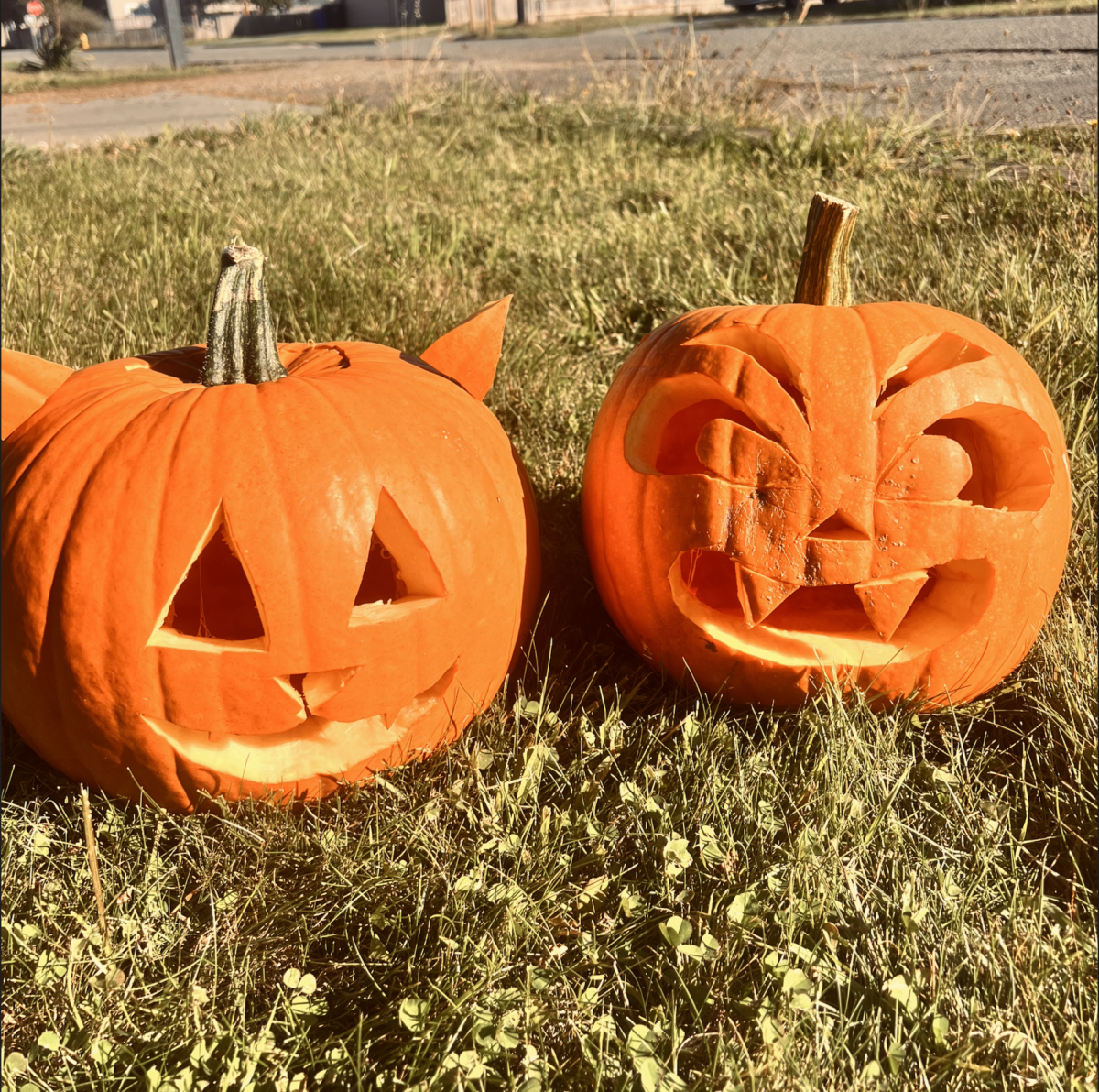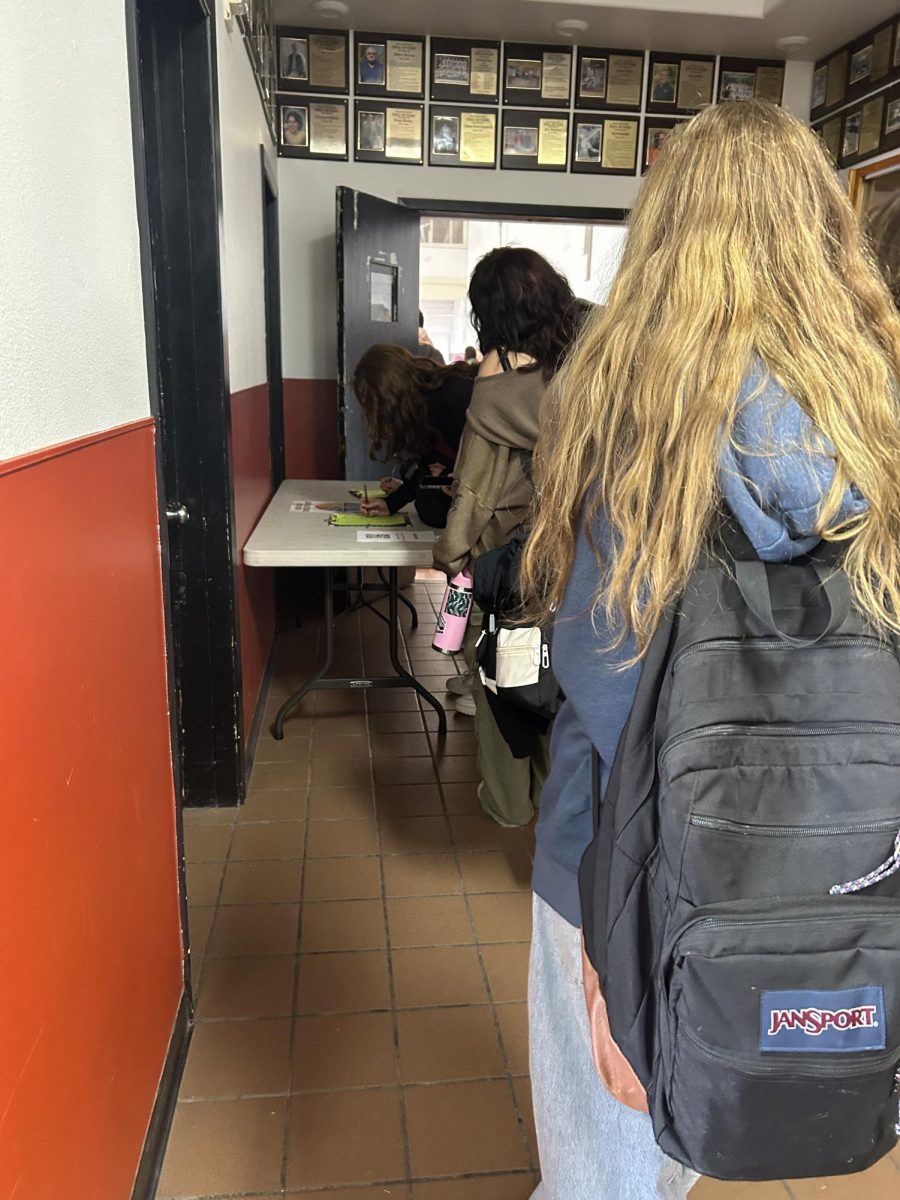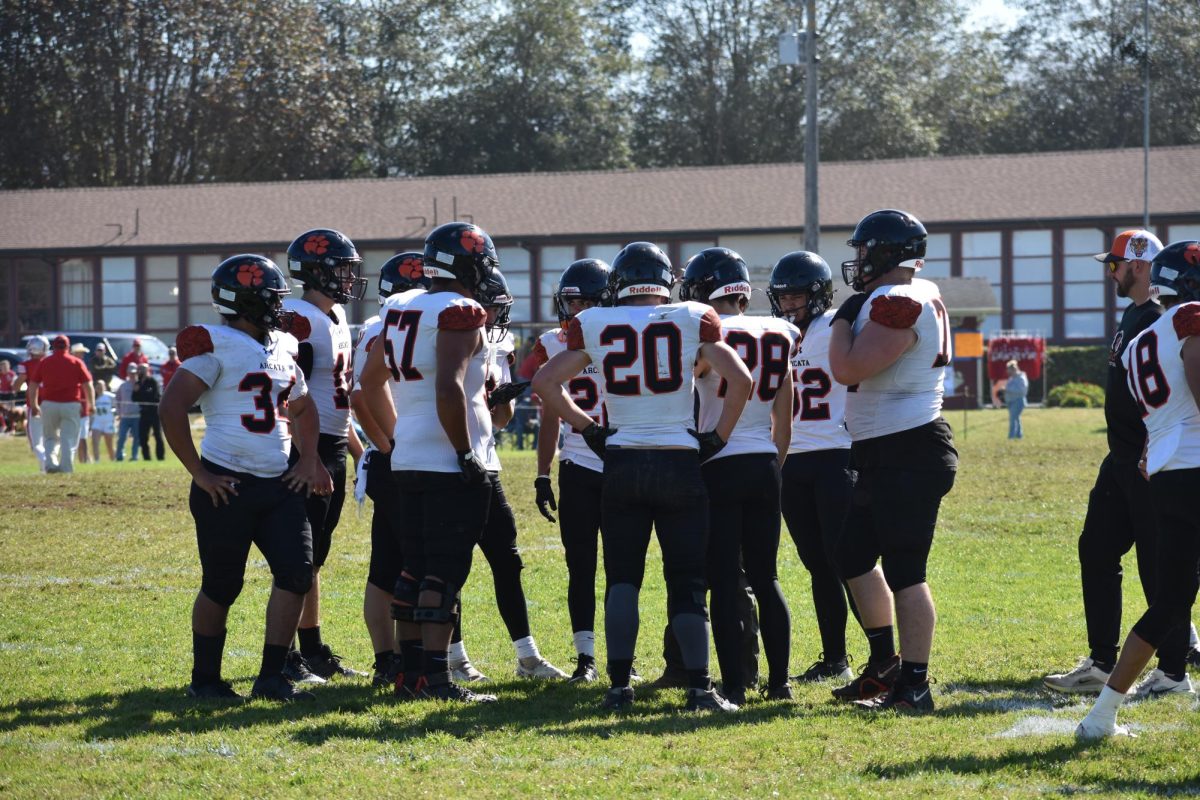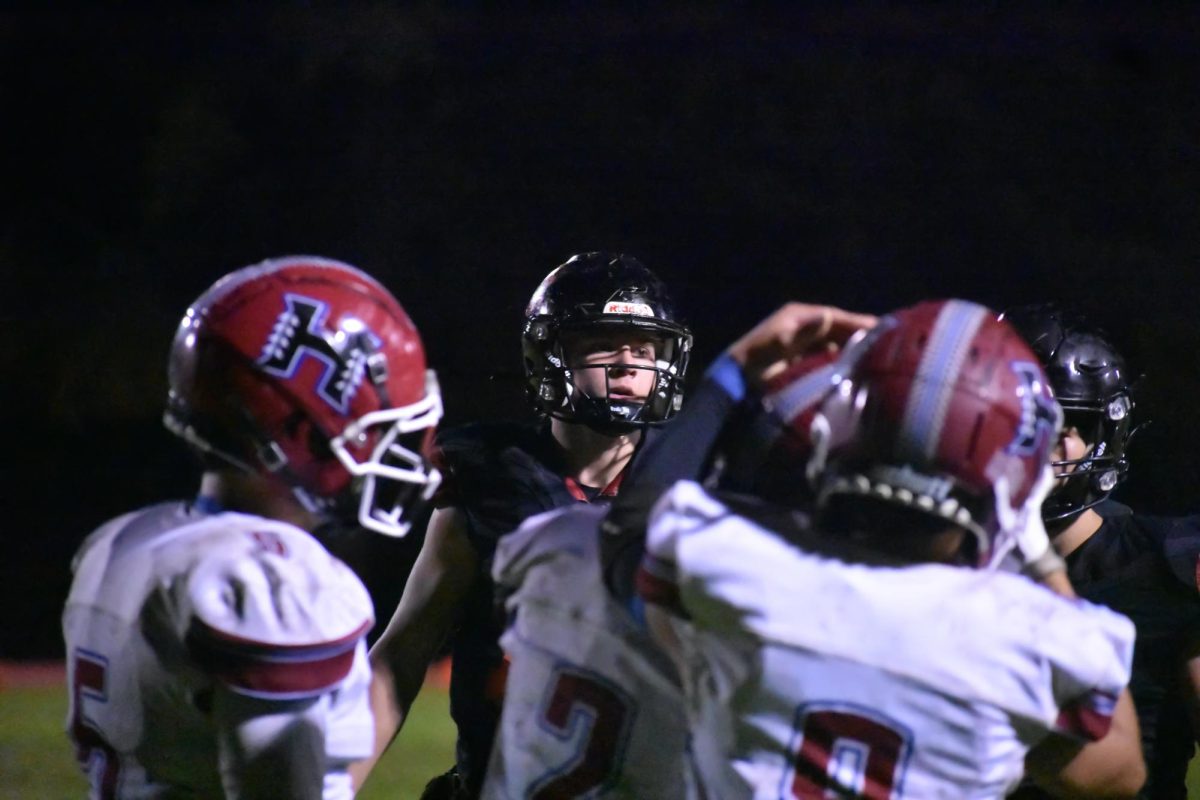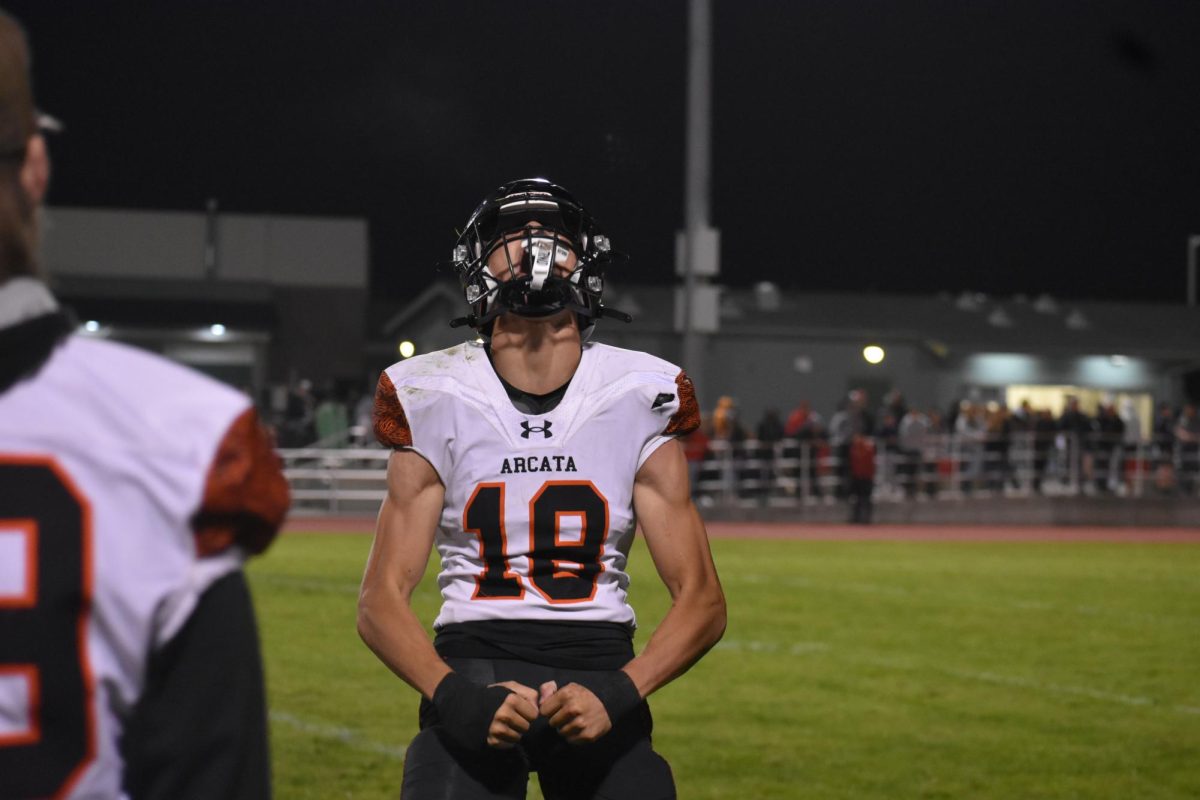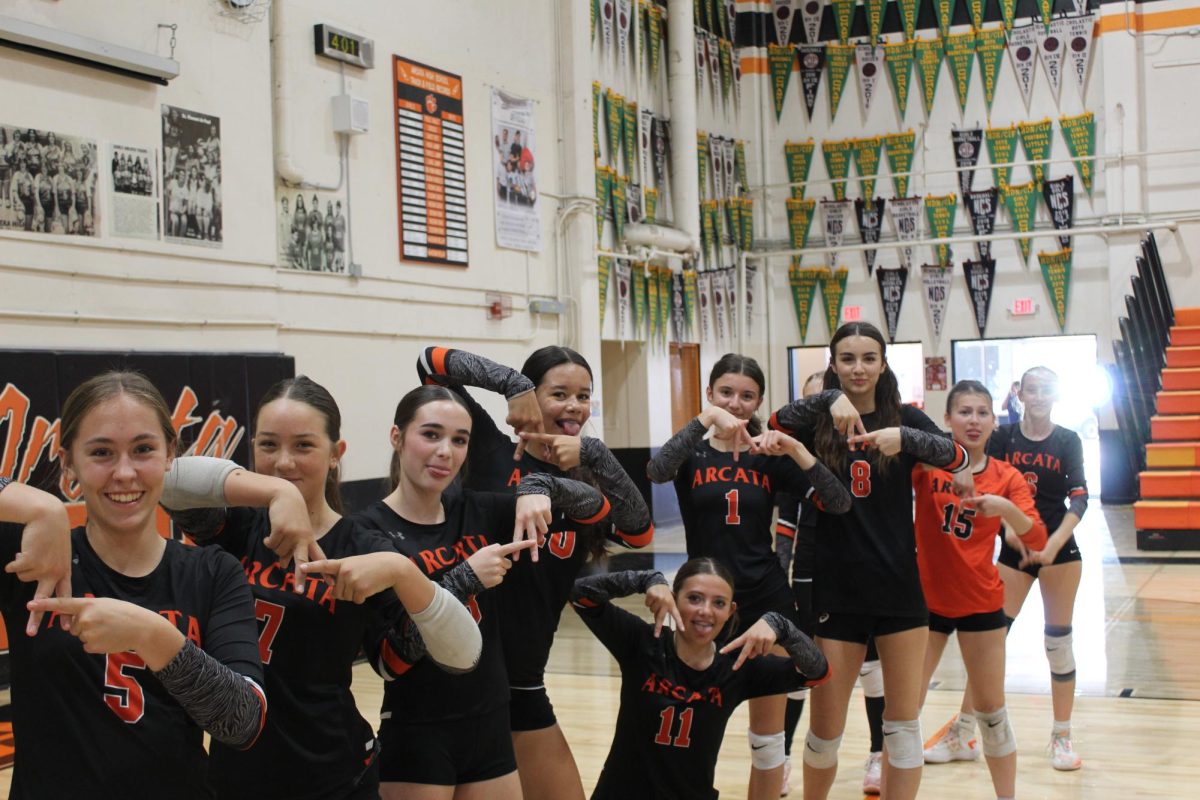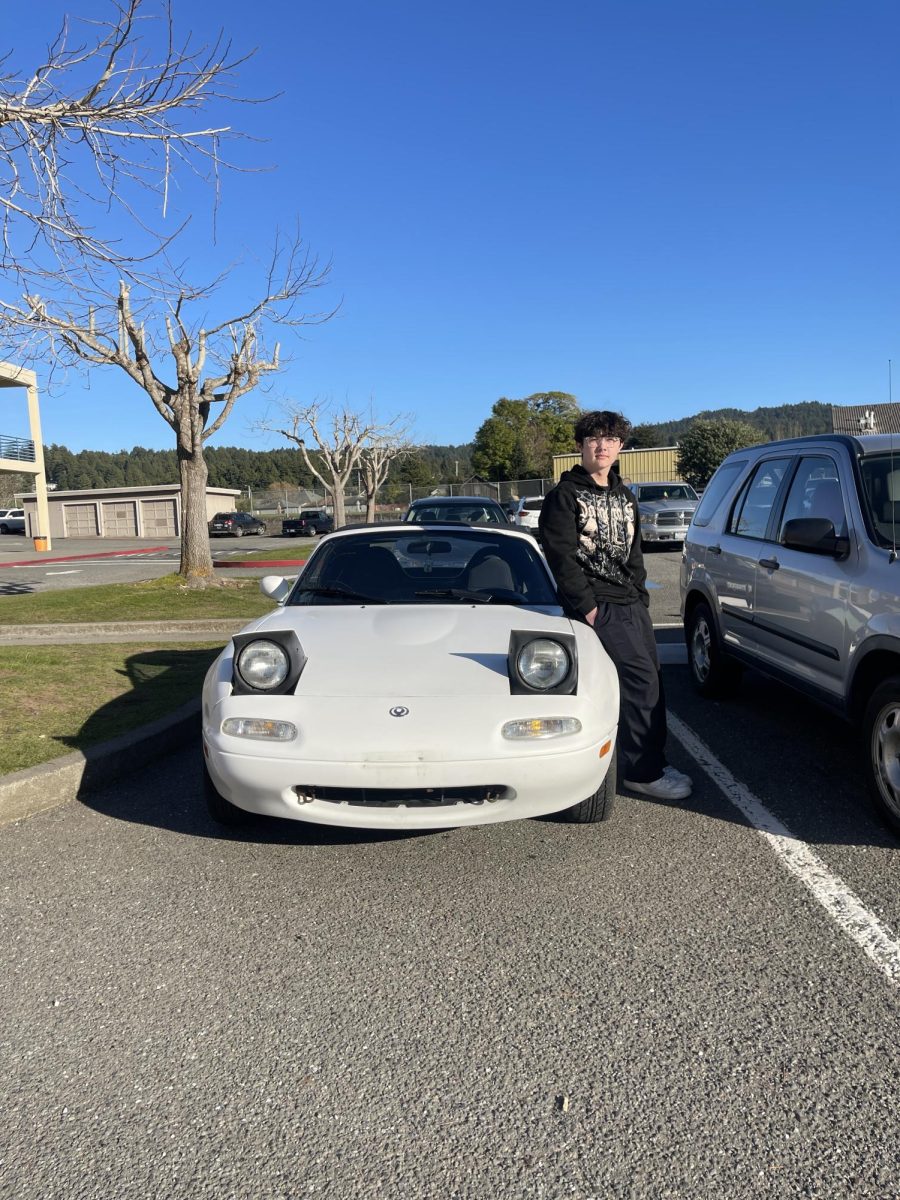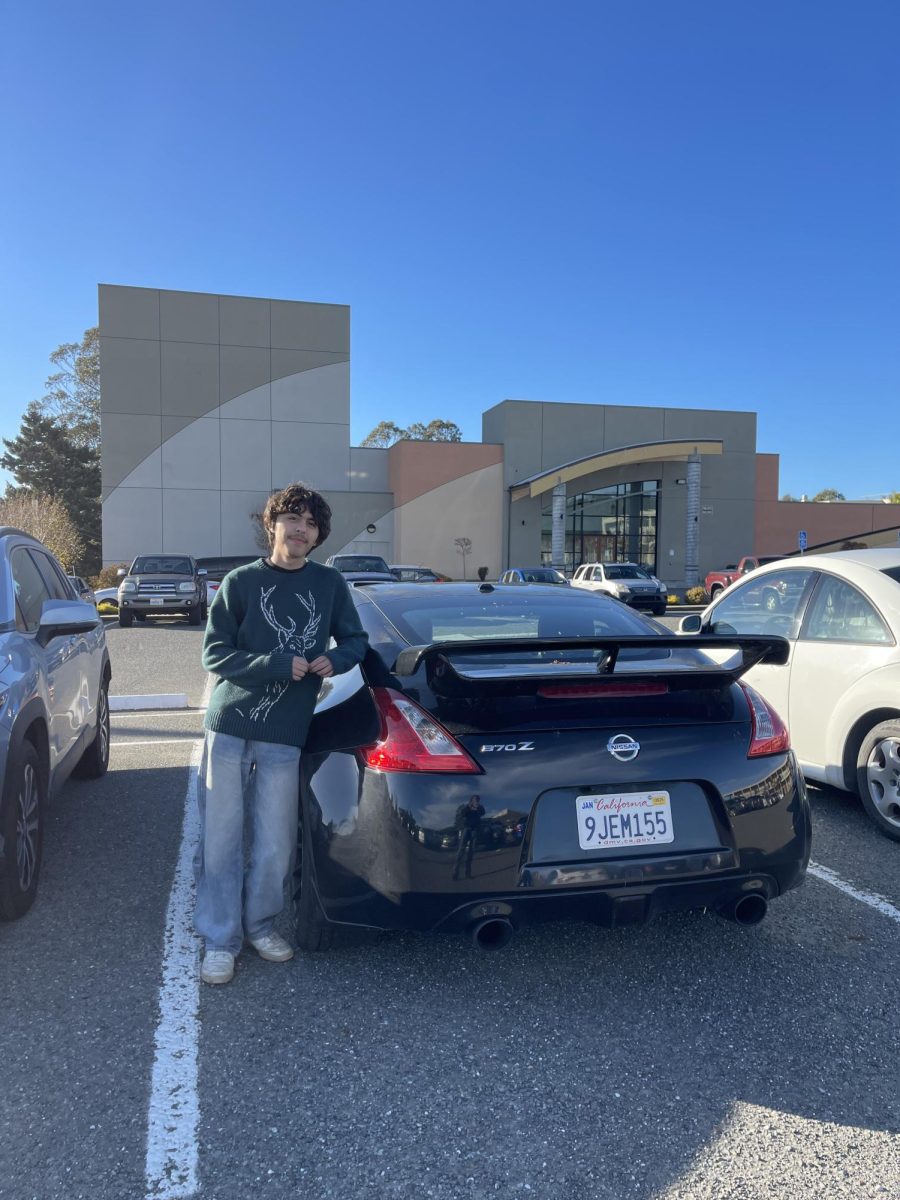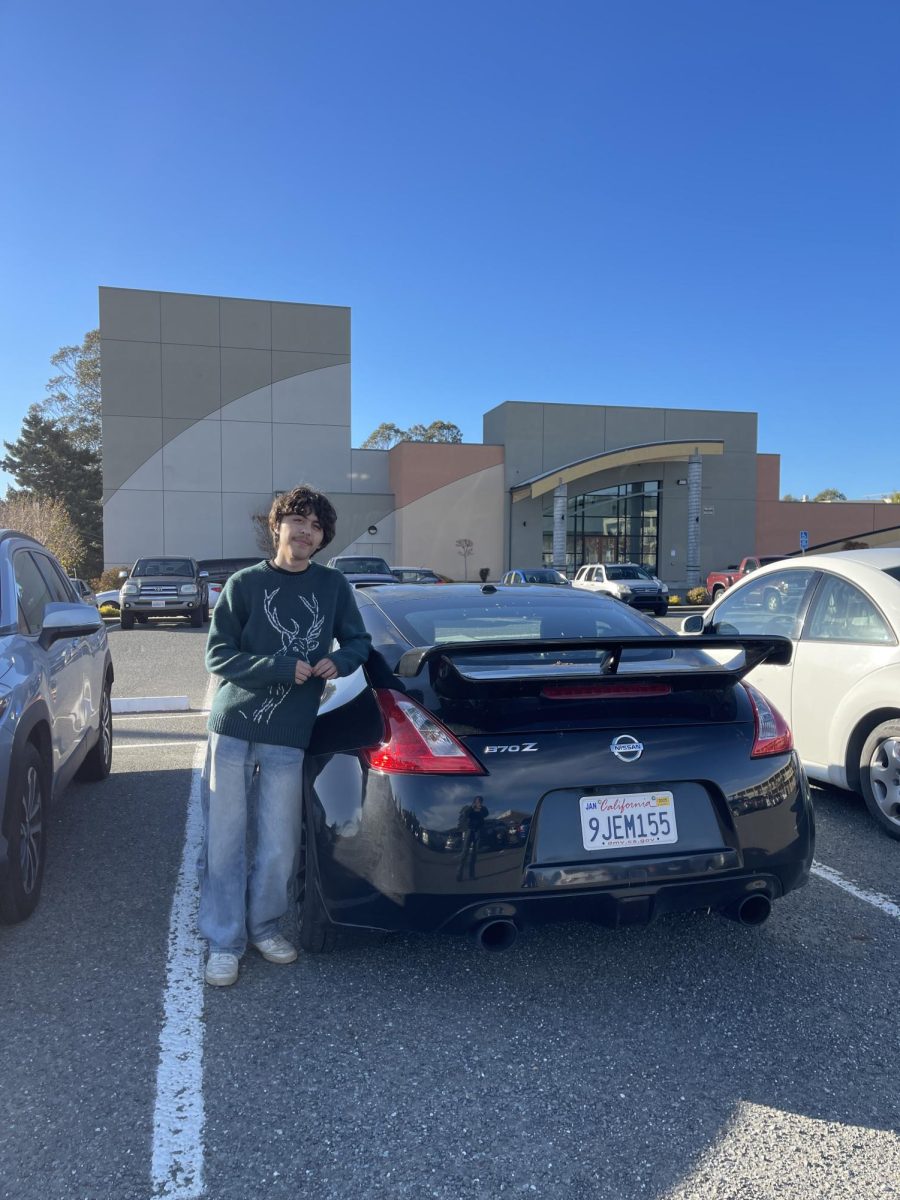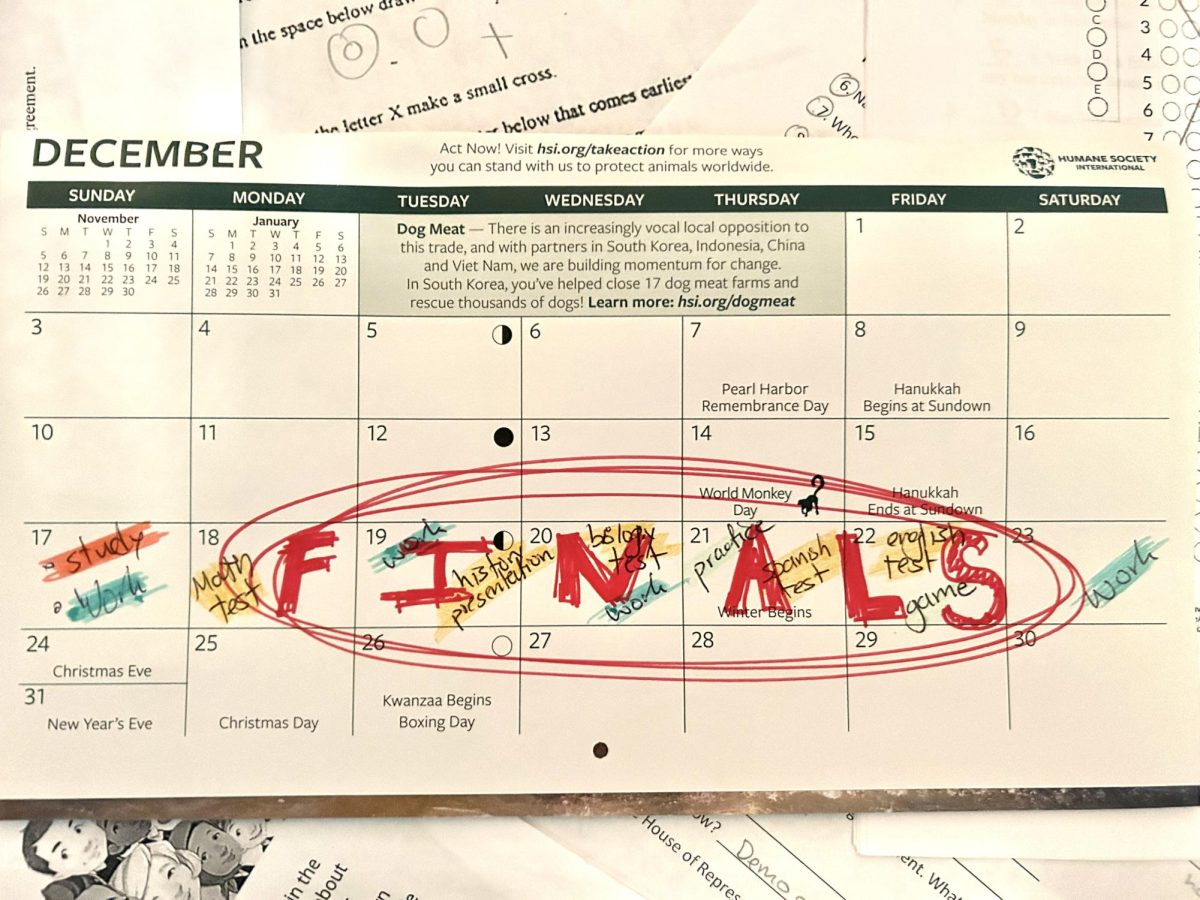The usually grouped desks are now arranged in straight rows. Instead of bright-eyed students listening to a lecture, the teacher sees only the tops of the students’ heads as they scribble away on their papers. The room is silent apart from the scratching of pencils, the ruffle of paper, and the idle sound of fidgeting. It is filled with tension and will be for the next few hours.
This is the reality of a classroom during finals. They occur at the end of each semester and usually consist of a large cumulative test of the whole year’s material or a big essay, project, or presentation.
“I give written finals to assess my students’ comprehension and mastery of material from the last semester,” Adam Pinkerton, a teacher at AHS, said.
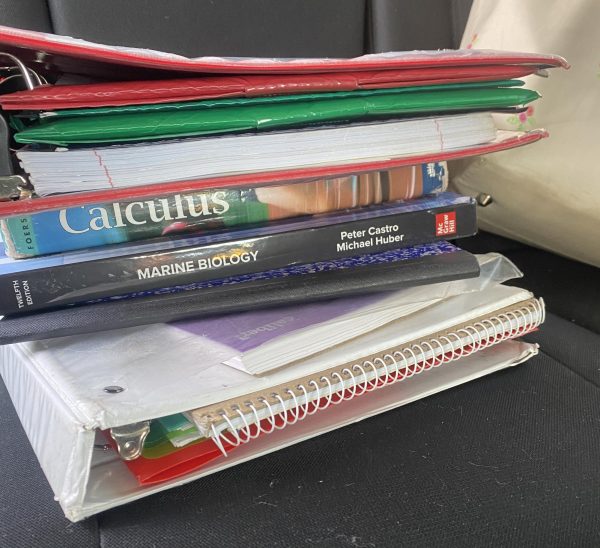
This year’s first semester finals begin on Monday, December 17th, the week before winter break. This time of year can be stressful for students, as they have to worry not just about one test, but sometimes six finals that consist of the whole year’s topics just before the holiday.
“Finals do create stress for me, I feel like the couple weeks after Thanksgiving are like the worst time to be alive as a high schooler,” junior Kylie Robison said.
The stress that finals cause does not go unnoticed. Pinkerton mentions that students have various stress indicators, with some giving more visual and verbal cues than others.
This year, students are given half days the week of finals, getting out at 12:40 p.m. instead of 3:35 p.m., to ensure students have enough time at home to study each day and prepare for their future finals.
“I generally prepare by making flash cards or watching review videos; videos are especially helpful for topics like history,” senior Dylan Dickerson said.
While finals can be a particularly anxious time for everyone, it is important to remember some ways to cope with the stress. These include staying calm and relaxed or continuing to prepare for your finals to get through them as smoothly as possible.
Another point Pinkerton mentioned that can be comforting during this time is that “stress isn’t necessarily a bad thing. For example, stress can help a student focus on the task at hand… Learning how to deal with stress and how best to prepare for an examination are some of the most important skills students should develop in their K-12 education.”



